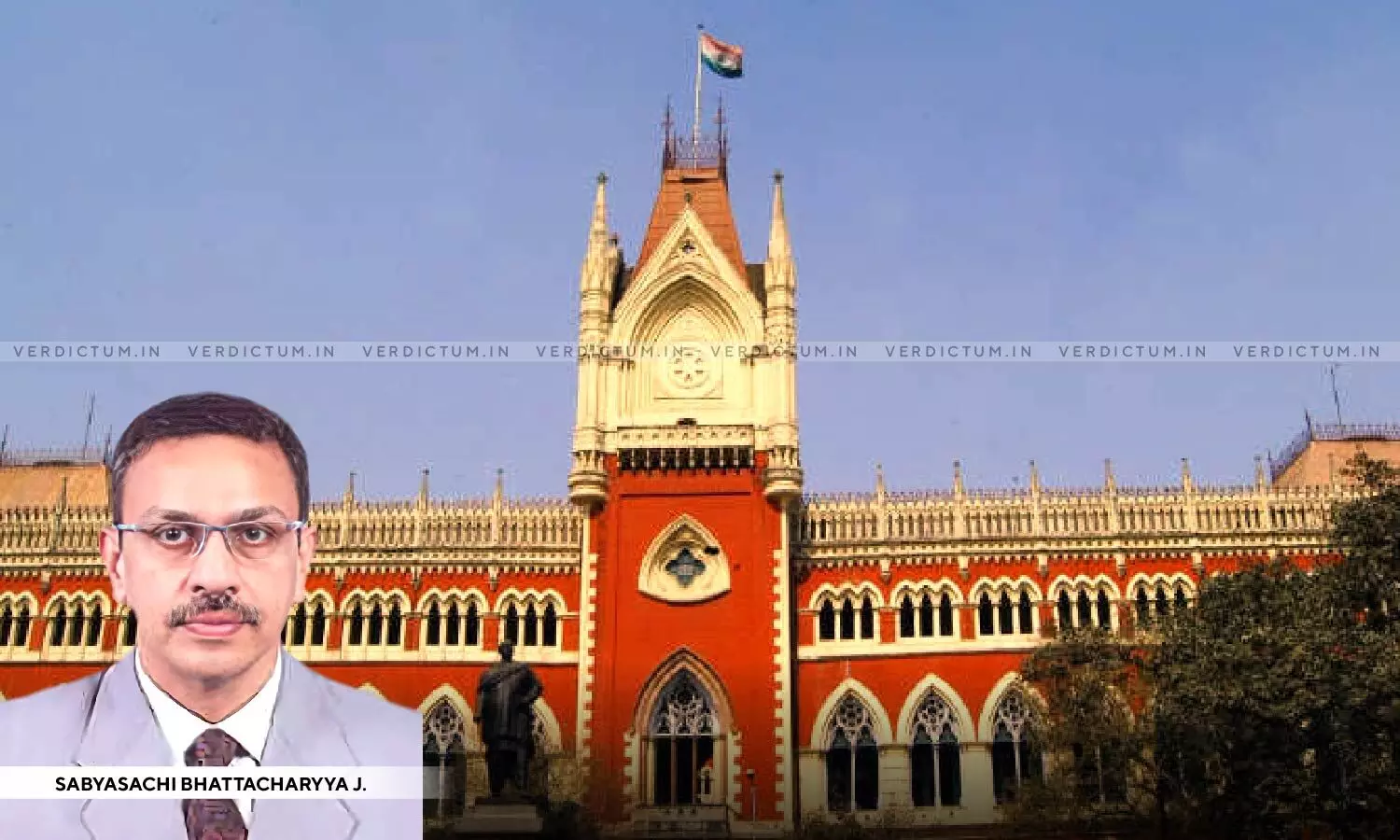
If There Is Doubt About Limitation, Courts U/S 11 A & C Act Cannot Conclusively Decide It; Must Be Referred To Arbitrator: Calcutta HC
 |
|The Calcutta High Court observed that if there is any doubt regarding the issue of limitation, the Court under Section 11 of the Arbitration and Conciliation Act, cannot decide it conclusively, and the matter must be relegated to the Arbitrator.
The Bench remarked that it was beyond the domain of a Chief Justice and/or his designate, sitting in jurisdiction under Section 11 of the Arbitration and Conciliation Act, 1996 (the Act), to adjudicate even prima facie on the merits of an arguable issue involved in a matter, which would fall within the domain of adjudication by an Arbitrator.
A Single Bench of Justice Sabyasachi Bhattacharyya observed, “All jurisdictional issues, including limitation, it is well settled, are to be decided by the Arbitrator. Even if there is a shade of doubt as to the issue of limitation, the Court sitting under Section 11 cannot decide the same conclusively and the matter has to be relegated to the Arbitrator.”
Advocate Sakya Sen represented the petitioner, while Sr. Advocate Dhruba Ghosh appeared for the respondents.
The M/S B.B.M. Enterprises (petitioner) contended under Section 11 of the Act, that the petitioner had completed the contracted work on July 12, 2000, and had subsequently received partial payments totalling. However, despite the issuance of a completion certificate, the final bill remained unsettled.
The petitioner argued that the absence of a final certificate from the Engineer-in-Charge prevented the final bill from being claimed, thus delaying the cause of action.
The High Court stated that there was ambiguity in the pleadings surrounding the payment process and the issuance of the final certificate in the Section 11 application. It was noted that part payments were made, but it was unclear whether these were final settlements or interim payments pending the final bill. Given this uncertainty, the Court stated, “It would be premature at this stage for this Court, sitting in the jurisdiction under Section 11 of the 1996 Act, to conclusively determine such issue.”
The Court stated that the “entire objection as to limitation, however, hinges on the said issue, since it may very well be argued by the petitioner that until and unless a certification was made by the concerned engineer to the final bill raised by the petitioner, the cause of action for the claim made by the petitioner would not ripen. If such view is ultimately established, then the bar of limitation would be effaced.”
“In such view of the matter, taking into consideration all aspects of the lis, this Court is of the opinion that the objection as to limitation cannot be conclusively decided ex-facie on the materials available before the Court and/or pleadings of the parties. Accordingly, the matter is fit to be relegated to arbitration,” the Court held.
Consequently, the Court appointed a sole Arbitrator to resolve the disputes between the parties.
Accordingly, the High Court allowed the petition.
Cause Title: M/S. B.B.M. Enterprises v. State Of West Bengal & Ors.
Appearance:
Petitioner: Advocates Sakya Sen and Nilanjana Adhya
Respondents: Sr. Advocate Dhruba Ghosh; Advocates Priyankar Saha, Arindam Mandal, Paritosh Sinha, Ajeyaa Choudhury, and P. Ghosh